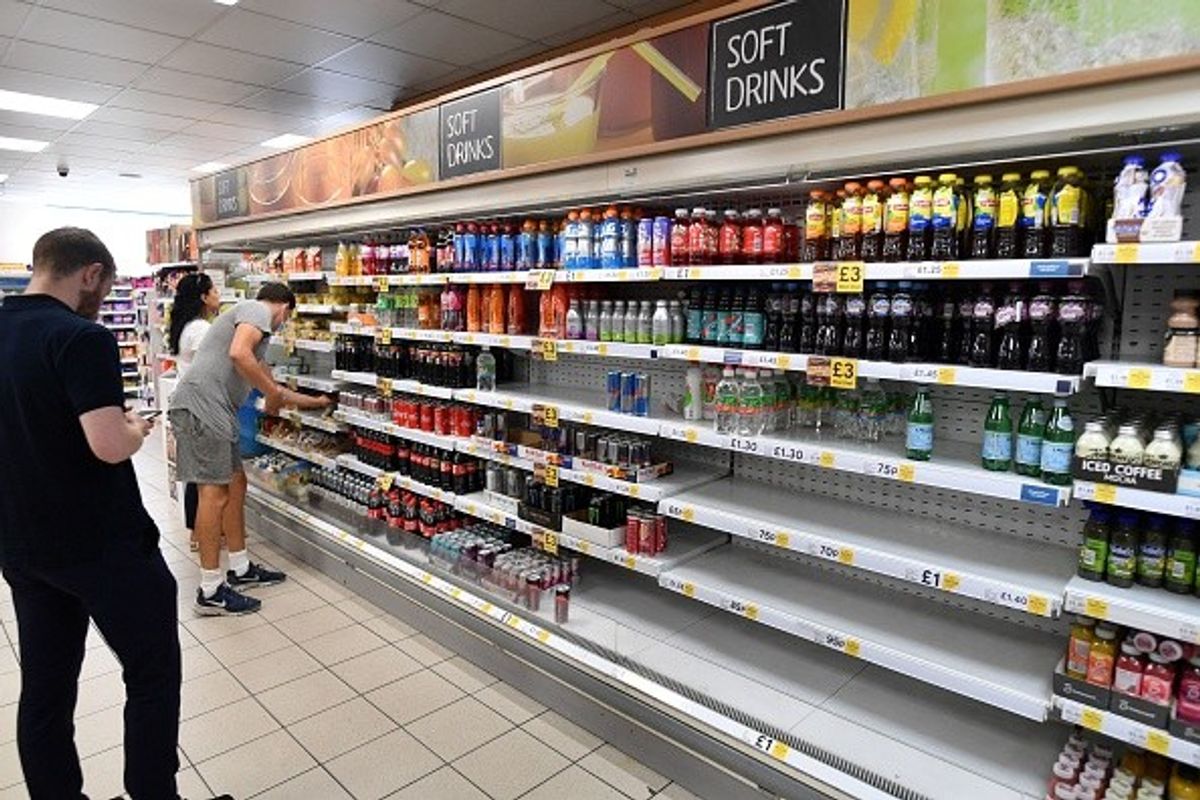Tesco may face empty shelves in the weeks leading to Christmas as upto 1,200 workers at Tesco distribution centres across the UK are set to strike in the run-up to Christmas.
The supermarket chain has offered staff a pay rise of 4 per cent, which Unite has said is “offensive” given that the retail price index rate of inflation stands at 6 per cent. The offer is also below the more commonly used consumer price index, which is at a 10-year high of 4.2 per cent, said the trade union.
The workers who are expected to go for strike action include warehouse workers and HGV drivers based at Tesco’s depots in Antrim, Belfast, Didcot and Doncaster.
Unite general secretary Sharon Graham said: “Our members have gone above and beyond the call of duty to keep Tesco’s shelves filled throughout the pandemic. At the very least the UK’s largest and wealthiest retailer should be making our members a decent pay offer.
“Unite always prioritises the jobs, pay and conditions of its members and it will be giving its full and total support to our members at Tesco until this dispute is resolved.”
As per Unite, the Didcot and Doncaster sites will see an initial 48 hours stoppage beginning at 06:00 on Thursday 16 December. This will be followed by a further five day pre-Christmas stoppage beginning on Monday 20 December.
There will be a further 48 hour stoppage beginning on Thursday 30 December and a three day stoppage beginning on 5 January 2022 at Doncaster and Didcot, Unite said.
Unite members at the Antrim and Belfast Tesco distribution centres will begin an all-out continuous strike from 07:00 on Thursday 16 December.
Unite national officer Adrian Jones said: “Unite is taking strike action as a last resort having exhausted all other options.
A further nine warehouses could be affected, depending on the outcome of a separate vote on industrial action by the Usdaw shop workers’ union, which closes on Monday.
Discussions are understood to be taking place in an effort to avert action that would add to the countrywide supply chain disruption that has already triggered warnings of shortages of food and drink at Christmas.


